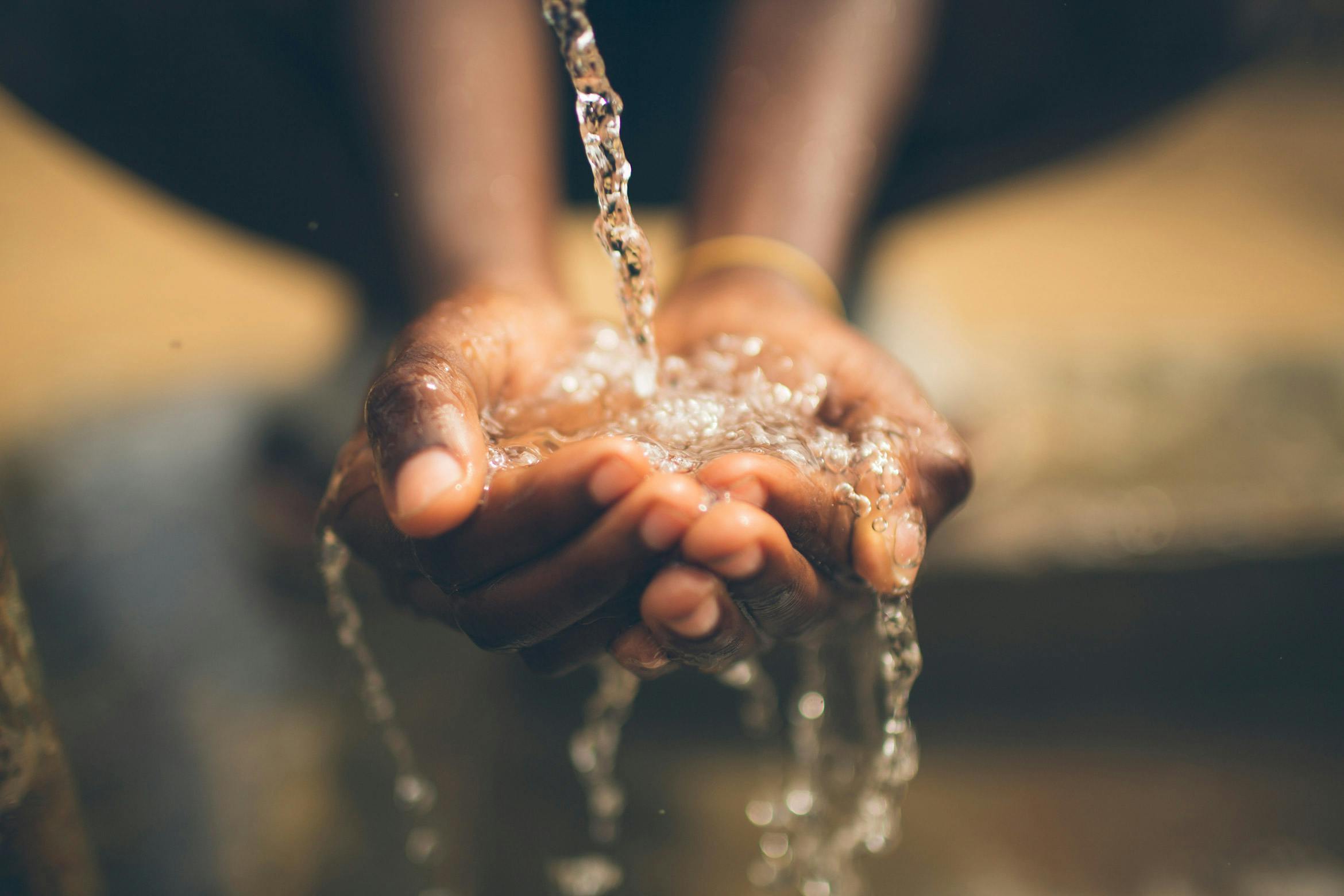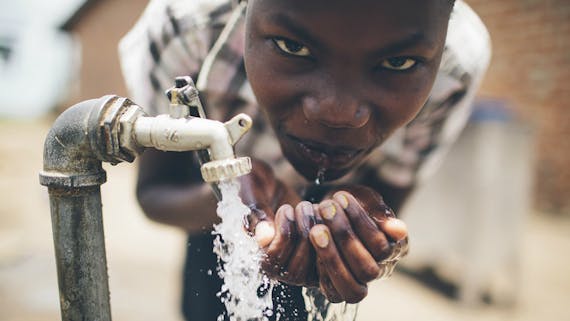
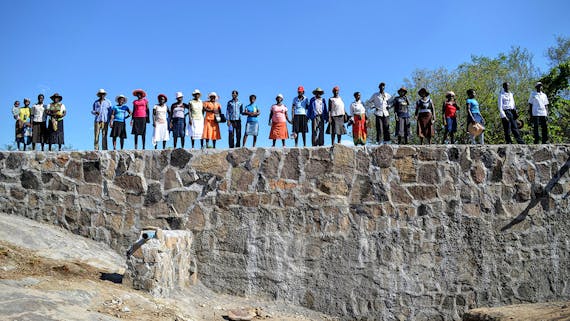
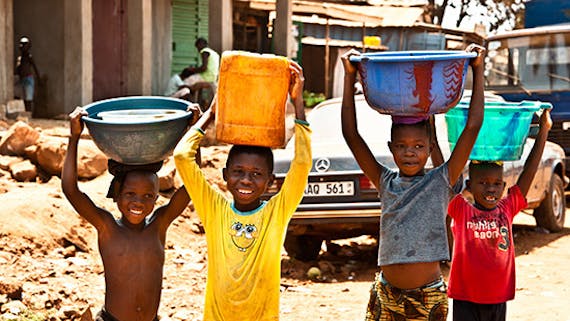
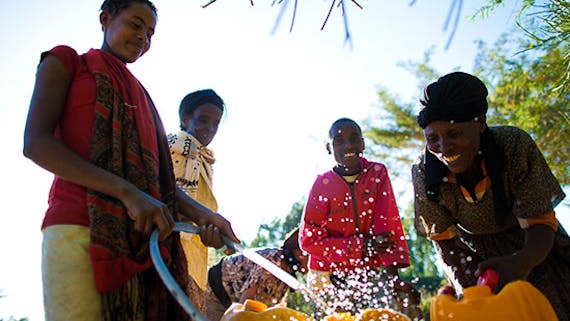
To adopt SDG 6 清洁饮水与卫生设施, in support of the 17 Sustainable Development Goals, please contact us at partners@eco-business.com
Adopt this goal新闻

Water tests from the Kok and Sai rivers near Thailand’s border with Myanmar have revealed elevated arsenic levels, leading Thai officials to warn citizens to avoid contact with river water.

Communities are campaigning against the arrival of AI-powered data centres that they say bring negative environmental impacts.

India unilaterally suspended the 1960 Indus Water Treaty with Pakistan, citing cross-border terrorism amid longstanding calls for updates to address climate change and population growth.

To meet a global goal of protecting 30 per cent of the ocean by 2030, governments must think small, says Rocky Sanchez Tirona of biodiversity NGO Rare.
观点

India's suspension of the treaty should not be seen as a weaponisation of water, but a reasoned assertion of sovereignty in the face of sustained aggression. It is a clear signal that cooperation cannot exist in a vacuum devoid of trust.

Addressing the global crisis of maritime plastic pollution will require mobilising investment and support to reduce the production of single-use plastics, increasing the lifespan of plastic objects and promoting reuse and reparability.

The danger of the Indus Water Treaty collapsing is less about India cutting off water flows and more about the erosion of trust, transparency and data sharing, affecting neighbours including Nepal and Bangladesh. Weaponising water is a perilous strategy that may backfire.
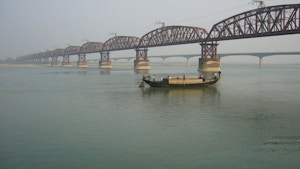
The treaty, signed in 1996, expires next year, and there are unresolved issues with regards to water sharing arrangements. Both Bangladesh and India will need to negotiate a more thorough, equitable and climate-resilient deal.
视频

In this wide-ranging fireside chat moderated by Eco-Business CEO Jessica Cheam, AIA Group's chief investment officer Dr Mark Konyn asserts there is “no U-turn” among corporates invested for the long term, even as political regimes change amid a new world order.

独家
Jack Johnson says yes, but it is a long road ahead. In this exclusive interview, we ask the American singer-songwriter and UNEP Goodwill Ambassador about his hopes for the state of the world and how music plays a role in providing a dose of optimism in dark times.

Watch: Singapore researchers are trying to give banana skins and coconut husks a new lease of life in water purification kits that can be used in disaster situations. They could one day also be used in the manufacture of batteries.

EB工作室
Recycling is key to tackling Singapore's waste problem, and everybody — including kids— can do their part for a better future.
播客

EB工作室
Plastic waste is flooding the planet. Instead of waiting for regulation to drive change, give value to recyclables and mobilise the people, says Plastic Bank.

The Singapore scientist, recently elected to the UN's top climate body, tells the Eco-Business Podcast about the precarious state of climate adaptation in developing Asia. The region is not well-prepared to manage the cascading risks of extreme climate events, he says.

The World Economic Forum – best known for its Annual Meeting in Davos since 1971 – has been a dynamic platform bringing together the best in business, politics and society to shape global industry agendas. How is WEF helping to shape China’s economic goals alongside its environmental and societal priorities?

独家
Following the launch of the CapitaLand Sustainability X Challenge, Eco-Business speaks to the Group's chief sustainability officer Lynette Leong on why sustainability innovation is defining the next phase of growth for the real estate giant.


